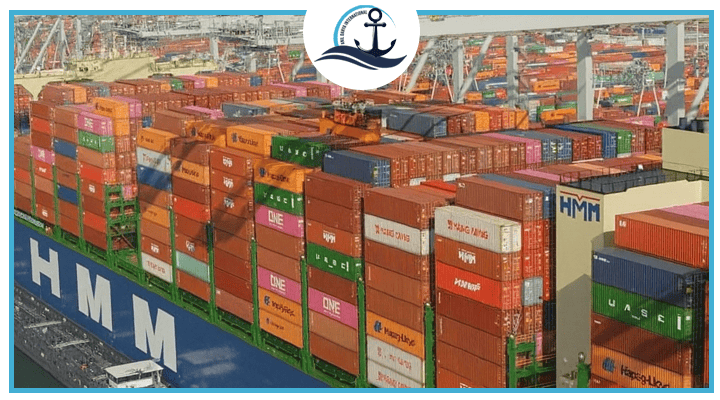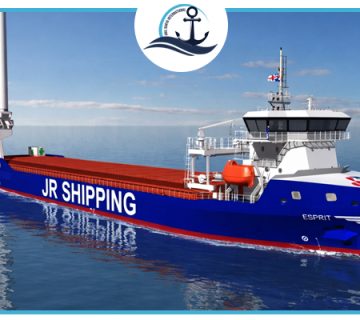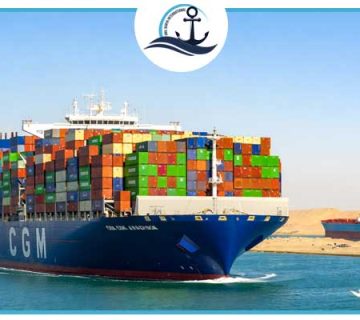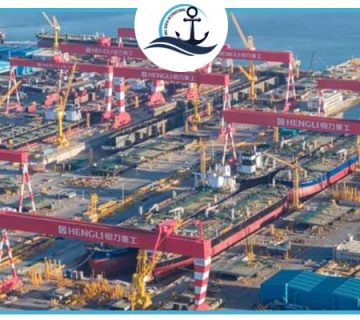|
Getting your Trinity Audio player ready...
|
Strikes Paralyze Europe’s Top Ports, Disrupting Sea Freight Operations
Europe’s busiest ports — Rotterdam and Antwerp-Bruges — are facing severe disruptions as dockworkers and harbour pilots stage simultaneous strikes that have brought container operations to a standstill and triggered widespread delays across sea freight supply chains.
Rotterdam: 48-Hour Strike Halts Container Handling
At the Port of Rotterdam, container operations have completely stopped after lashers launched a 48-hour strike on Wednesday afternoon to demand higher wages. The Dutch union FNV confirmed that workers from International Lashing Services and Matrans Marine Services, the port’s two main lashing companies, halted work at 15:15 local time and will remain off duty until Friday afternoon.
Since lashers are responsible for securing containers aboard ships, the strike effectively means no vessels can be loaded or unloaded, causing congestion at terminals and extended waiting times for inbound and outbound ships.
A Port of Rotterdam Authority spokesperson acknowledged that the industrial action would impact vessel turnaround times, but said it was still too early to determine the full extent of the disruption.
The stoppage has already forced shipping lines and freight forwarders to reroute cargo through alternative North European ports — a move that could add days to sea freight transit schedules and increase operating costs.
Antwerp-Bruges: Harbour Pilots’ Protest Escalates
In Belgium, labour unrest is also intensifying. Flemish harbour pilots at Antwerp-Bruges, Europe’s second-largest port, are continuing protests over federal pension reforms, further straining maritime operations.
According to port authorities, only 31 vessels were handled on Tuesday, compared to an average of 60 to 80 per day. As of Wednesday morning, over 100 ships were waiting to enter or depart the port, with several diversions already reported.
Represented by the Beroepsvereniging van Loodsen, the pilots have restricted their work to office hours as part of the protest, demanding that pension reforms — which they claim unfairly target their profession — be revised. Negotiations between the pilots and the Belgian government remain at a standstill, with both sides waiting for the other to resume talks.
Knock-On Effects Across European Sea Freight
The simultaneous labour actions in Rotterdam and Antwerp-Bruges are creating ripple effects across Europe’s container shipping network, particularly for energy, manufacturing, and retail supply chains that depend on these ports for imports and exports.
Experts warn that if the strikes persist, sea freight congestion across North Europe could worsen dramatically, leading to schedule disruptions, port bottlenecks, and higher freight rates. The two ports collectively handle millions of TEUs annually, serving as critical gateways for European and Asian trade routes.
Both shipping companies and freight forwarders are now working to mitigate delays by adjusting sailing schedules, activating contingency plans, and diverting some containerized cargo through alternative ports such as Hamburg, Bremerhaven, and Le Havre.




